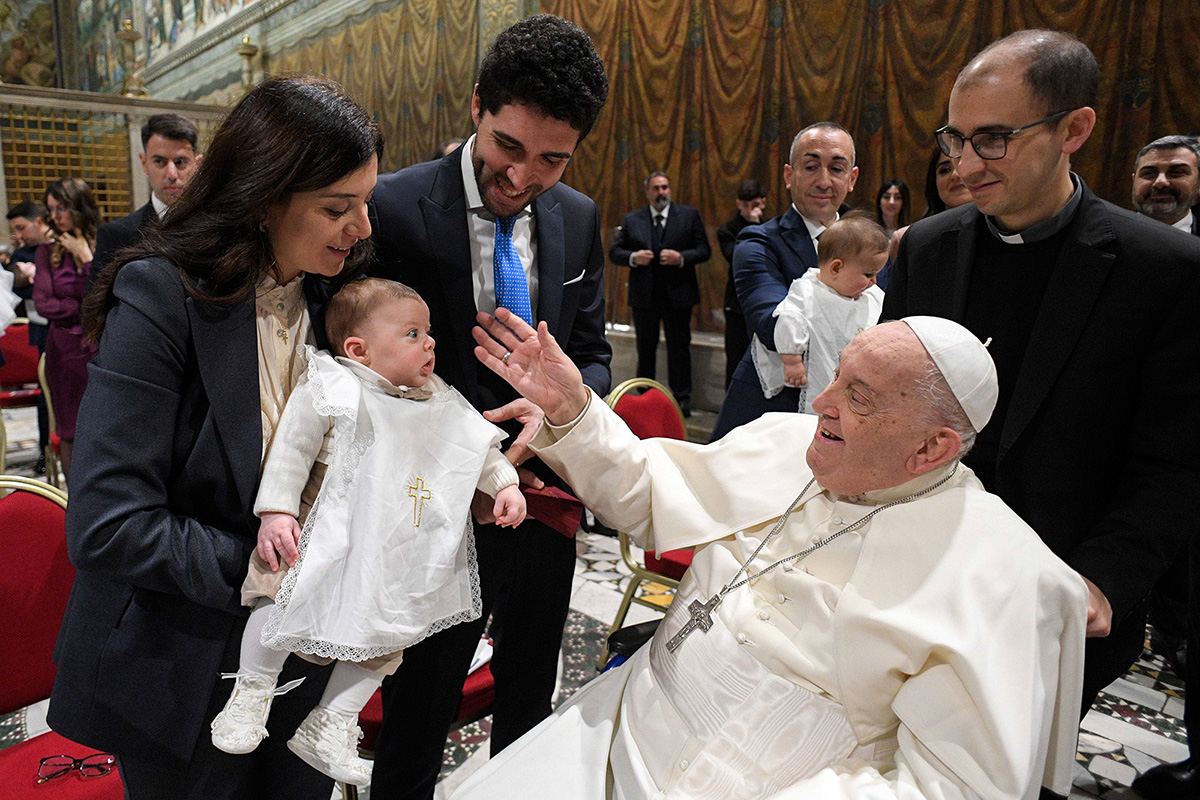SERVE THE LORD WITH GLADNESS | The Eucharist allows us to take in the ‘medicine of immortality’
It would be uncharitable if we don’t share the Good News found in the Eucharist

Dear brothers and sisters in Christ,
“I am the bread of life … whoever eats this bread will live forever” (John 6:48, 51).
This week, we hear the “bread of life” discourse from John 6. Several components help to show why we need a eucharistic revival.
One of the basic presuppositions that made the bread of life discourse matter to its original audience is the knowledge that eternal life is something we need to receive, not something to which we’re entitled or toward which we’re automatically tending. That’s one of the reasons why the theme of “eternal life” permeates the bread of life discourse. Jesus says: “Do not work for food that perishes, but for the food that endures for eternal life, which the Son of Man will give you.” And He says: “Whoever believes in the Son has eternal life, and I shall raise him on the last day.” And He says: “I am the living bread that came down from heaven; whoever eats this bread will live forever.” And He says: “Whoever eats my flesh and drinks my blood has eternal life.”
Jesus wants to give His eternal life to us. One of the ways He does so is through the Eucharist.
It may seem odd that this is how we receive eternal life. But C.S. Lewis has a wonderful passage in “Mere Christianity” addressing this puzzlement: “[P]lease remember how we acquired the old, ordinary kind of life. We derived it from others, from our father and mother and all our ancestors, without our consent, and by a very curious process involving pleasure, pain and danger. … Now the God who arranged that process is the same God who arranges how the new kind of life — the Christ life — is to be spread. We must be prepared for it being odd, too. He did not consult us when He invented sex; He has not consulted us either when He invented this.”
St. Cyril of Alexandria thought of the Eucharist as the “medicine of immortality.” For him, the logic of the matter was simple. We, of our own power, tend toward death. God, on the other hand, is immortal. Because Jesus is God in the flesh, His flesh and blood have immortal life. So: if we consume His flesh and blood in the Eucharist, we take in “the medicine of immortality.”
Sometimes we speak of evangelization as “one beggar telling another beggar where to find bread.” We might also speak of a Eucharist centered evangelization as one sick person telling another sick person where to find medicine.
We’re rightly concerned with saying we believe the faith but not actually living what we believe. That’s the error of hypocrisy.
We’re just as much in danger today of an opposite error: believing and living the faith, but never being willing to tell others what we believe. Let’s name that for what it is: If we’re all dying, and the Eucharist is the medicine of immortality, failing to tell people about it is a lack of charity. And that’s a good reason for a eucharistic revival! Let’s tell the world the Good News.




